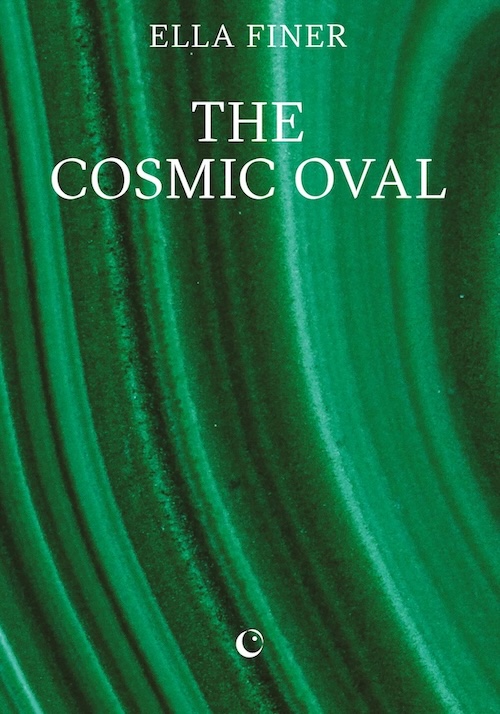Gritty and unflinching, yet also tender, fantastical, and funny, a trans woman’s coming-of-age tale about finding a community among fellow outcasts.
Born in the small Argentine town of Mina Clavero, Camila is designated male but begins to identify from an early age as a girl. She is well aware that she’s different from other children and reacts to her oppressive, poverty-stricken home life, with a cowed mother and abusive, alcoholic father, by acting out—with swift consequences. Deeply intelligent, she eventually leaves for the city to attend university, slipping into prostitution to make ends meet. And in Sarmiento Park, in the heart of Córdoba, she discovers the strange, wonderful world of the trans sex workers who dwell there.
Taken under the wing of Auntie Encarna, the 178-year-old eternal whose house shelters this unconventional extended family, Camila becomes a part of their stories—of a Headless Man who fled his country’s wars, a mute young woman who transforms into a bird, an abandoned baby boy who brings a twinkle to your eye.
Camila Sosa Villada’s extraordinary first novel is a rich, nuanced portrait of a marginalized community: their romantic relationships, friendships and squabbles, difficulties at work, aspirations and disappointments. It bears witness to these lives constantly haunted by the specter of death—by disease or more violent means at the hands of customers, boyfriends, or the police—yet full of passion, empathy, and insight.





